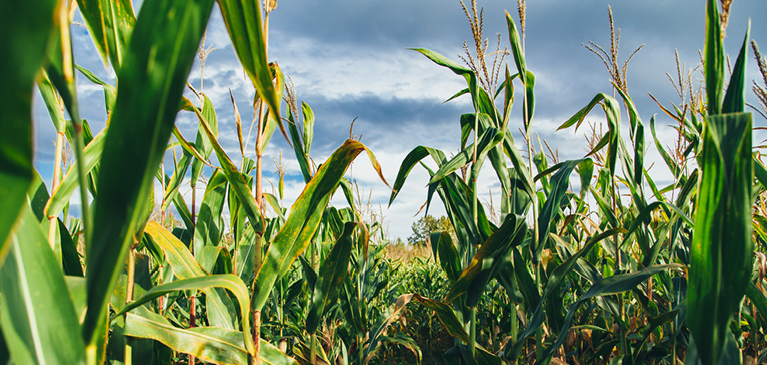
Deciding to lease farmland comes with many choices, but also many tax implications and things to think through.
There are two major types of leases, and each type comes with different tax considerations.
Cash-rent lease
If you decide to rent out your farmland on a cash-rent lease, a farmer will generally pay you a cash sum. This sum is typically based on the amount of acreage and where the farmland is located. The USDA breaks down land values to help determine those contracts each year; you can find Michigan’s breakdown here and Wisconsin’s breakdown here.
It’s important to note that rent received by a landlord under a cash-rent lease is rental income and is not subject to self-employment tax. That means this rental income will not be credited as net earnings from self-employment for social security eligibility purposes and should not be filed as self-employment income.
Instead, this income should be reported on IRS Form 1040, Schedule E. Cash rent landlords are generally not considered to be in the business of farming for tax purposes, but there are exceptions to that. If you are renting land to someone on a cash-rent lease and you also farm a different parcel of land yourself, it is recommended to keep your rental parcel as a separate LLC from your farming parcel to keep things straight with your taxes.
Crop-share lease A
Crop-share lease is a little different, because you, as the landowner, are getting something in return from the farmer renting from you. A crop-share lease is when you agree to rent out farmland to someone in exchange for a share of the crop. The taxes that the landlord has to pay is largely dependent on how much the landlord works on that farmland.
If the landlord materially participates on the farm, meaning they have a continual and significant role in farming, they will need to report the rent as a self-employment income on IRS Form 1040, Schedule F. If the landlord does not materially participate, meaning they do not have a continuous and significant role on the farmland, the rent is not self-employment income and is reported on IRS Form 4835.
What does ‘materially participate’ really mean?
The government breaks up the answer to this into four categories, called tests. You are materially participating and need to pay self-employment tax if:
- Test One: You pay for at least half of the costs of producing the crop, you provide at least half of the tools and equipment used to produce the crop, you consult with the renter how to raise the crop, or you inspect the production of the crop regularly.
- Test Two: You regularly make management decisions for the success of the production.
- Test Three: You work 100 or more hours spread over a period of five weeks doing activities connected with the agricultural production.
- Test Four: You do things that show you are materially or significantly involved in the production of the crops.
The good news is that crop share landlords, unlike cash rent landlords, may be eligible for some tax breaks. Those tax breaks include an expense deduction for Qualified Business Income, a deduction for soil and water conservation expenditures, farm income averaging, and a special rule for estimated tax payments.
Self-employment tax benefits on self-rentals?
Some farmers own their land separately from their farming operation and charge themselves a fair market value rent for the use of the land to allow them to take the rent expense as a deduction on their farming operation results (that are subject to self-employment tax) and recognize it as income from rental activities (that are not subject to self-employment tax). There is no basis in the IRS code that specifically allows this; however, it has been reviewed in previous cases overseen by the United States Court of Appeals for the Eighth Circuit and this treatment has been upheld.
The Eighth Circuit has found this allowable in circumstances where farmers:
- Establish a rental rate that is equal to or less than fair rental value and support with documentation
- Ensure there is no nexus between the rent paid and the arrangement requiring the taxpayer’s material participation
- Formalize a written lease agreement
- Have a cash trail of the rental payments
This is a great allowable tax minimization strategy to reduce your taxable self-employment income.
Straightening it all out
Determining how involved you are in your farmland rental can be confusing, and it can be difficult to straighten out what taxes you owe, and if you need to file self-employment taxes. GreenStone Farm Credit Services has a team of dedicated experts ready to look at your records, hear your scenarios, and provide timely and informative answers and advice.
You can find more information on GreenStone’s tax and accounting services here. At GreenStone, you have a team behind you that will come right to your kitchen table to help.
This article was originally featured in Michigan Farm News.
Tags
Request for Information | Apply Now


